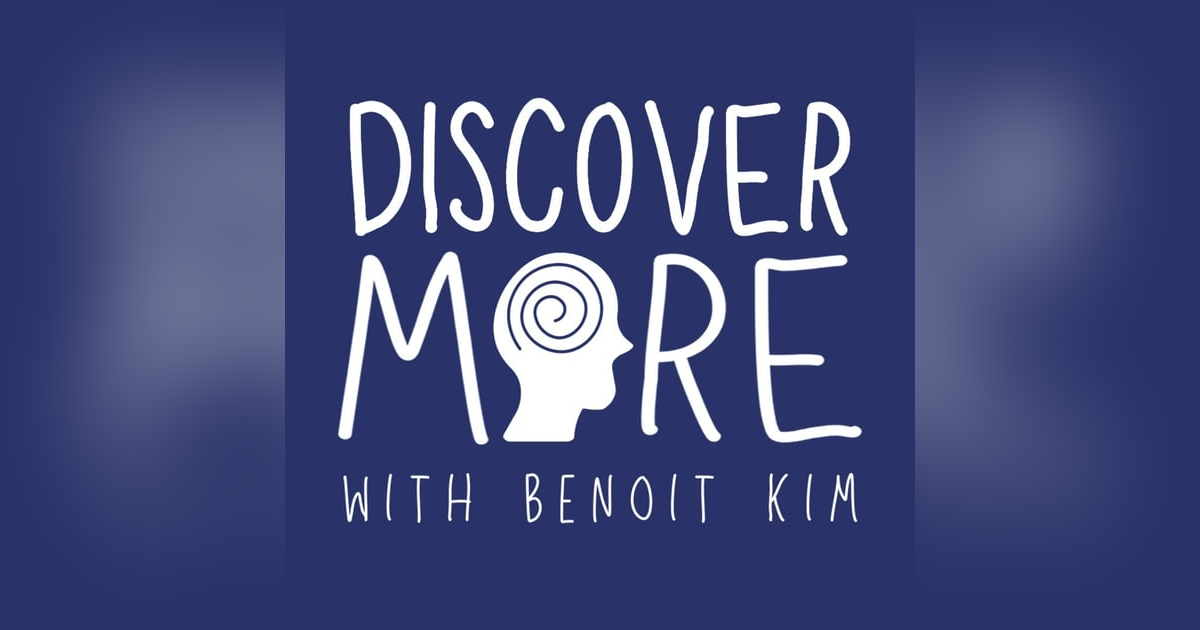The Insidious Impact of Racism on Mental Healthcare

The mental health crisis in America affects us all, but systemic racism has created even greater barriers to treatment and recovery for people of color. My latest podcast guest, acclaimed journalist Antonia Hylton, explores this painful history and its modern consequences in his groundbreaking new book "Madness: The Hidden History of Segregation and Mental Illness." Antonia's research exposes how facilities like the Crownsville Hospital Center in Maryland enacted the racism and prejudice of Jim Crow laws under the guise of mental healthcare. Founded in 1911, this hospital forced its patients - many of whom were black and had been involuntarily committed - to literally build the hospital themselves. White doctors saw this unpaid labor as justified medical treatment, revealing their racist beliefs about their patients. It is chilling to realize that such an institution continued operating until 2004. Through over 40 interviews with former patients, staff, and families, Antonia pieced together the tragic stories and sheer mistreatment that occurred at Crownsville for almost a century. Patients were beaten, isolated, and restrained for weeks at a time. Lobotomies and other experimental procedures were forced on them without consent. This was not healthcare, but dehumanization and torture enabled by the pervasive racism of the times. Antonia helps connect this past to modern failures in mental healthcare for minorities. She explains how deinstitutionalization led to many ex-patients ending up in jail or prison instead of community-based treatment programs. This trajectory contributes to the shameful overrepresentation today of people of color, especially black Americans, in the criminal justice system. Racial disparities in access to mental healthcare persist as well. Antonia highlights depressing statistics showing suicide rates rising among black youth far faster than other groups. At the same time, children of color in crisis receive less follow-up care and support. She argues convincingly that we cannot address the mental health crisis in America today without acknowledging how racism has shaped our systems of treatment. A particularly poignant story Antonia recounts is finding a massive collection of historic photos and documents from Crownsville in the attic of a former employee named Paul. This man devoted 40 years of his career to the hospital and could not bear to see the history disappear entirely. Paul's simple yet brave efforts to preserve and reveal the truth are themselves a powerful act of fighting racism. Antonia's new book comes at a critical time, as America continues to confront our racist past and present across all facets of society - from criminal justice to healthcare. We must bring the same scrutiny to mental healthcare, where prejudice has caused immeasurable suffering. I am grateful to Antonia for his diligent research and for shining a light on this long-hidden history. His book tour in the coming months provides opportunities for all of us to engage with these issues and support his call for change. I urge you to preorder "Madness" and request it from your local library or bookstore to be part of this timely discussion. Only by acknowledging the full legacy of racism can we move toward mental healthcare that serves all communities with dignity. Let Antonia's bold reporting inspire you to join in this human rights struggle.
Check out the full version of Episode 149 here.







